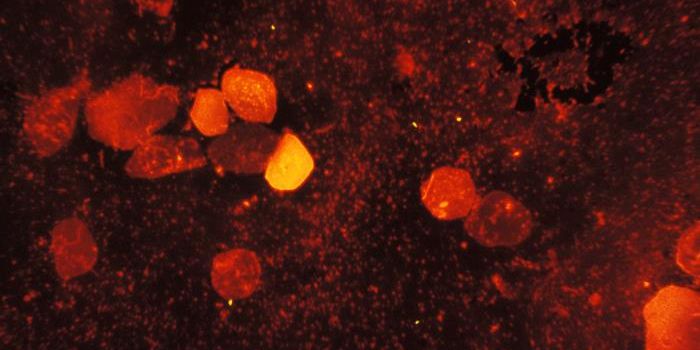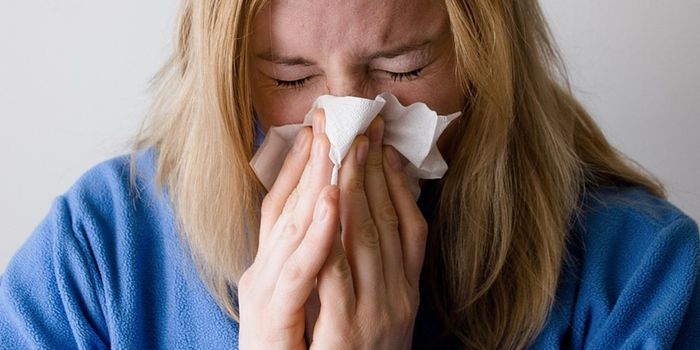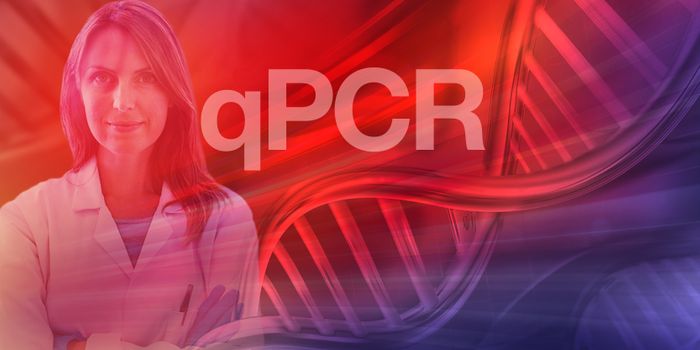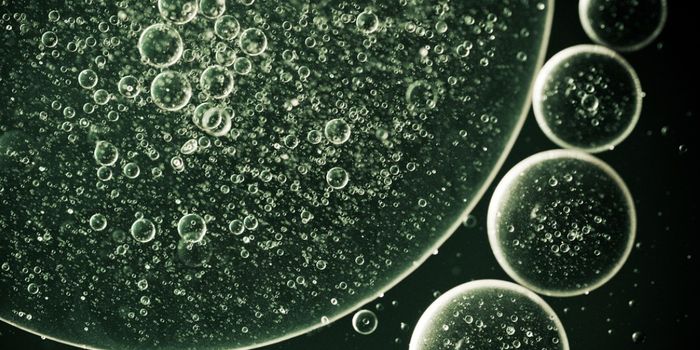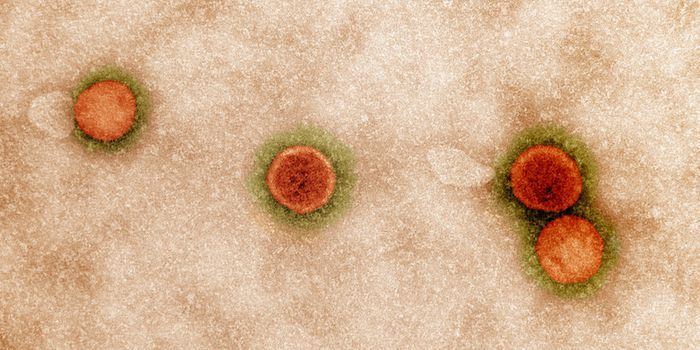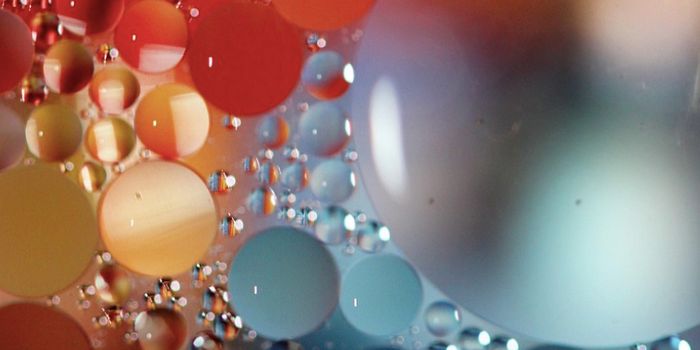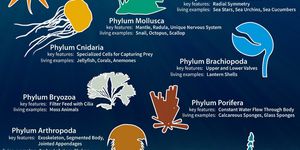Immunology
Gorillas are the source of 50% of HIV strains, study says
MAR 06, 2015 6:22 AM PST
Share
Enter the New Age of food disinfection
 Researchers have engineered nanobombs to wipe out pathogens that can spoil food and pose health risks.
Researchers have engineered nanobombs to wipe out pathogens that can spoil food and pose health risks.A study published in Environmental Science & Technology last month (February 19) explains how researchers at Harvard and their colleagues have figured out how to eliminate potentially harmful foodborne microbes from fruits and vegetables by bombing them with charged water nanoparticles. The idea is very appealing, primarily because it could eliminate the need to spray these foods with chlorine-based products, which can tarnish foods and are banned for organic produce.
This could lead to a new choice for farmers, who currently have limited options for sterilizing their produce. They can spray food with chemicals laced with chlorine-based or quaternary ammonium compounds, which are effective, but can ruin the taste of the food or irritate the hands of those who pick it. Or they can irradiate the food with ultraviolet (UV) irradiation, but that can retard ripening and alter food color.
The opoortunity is that consumers want more chemical-free, biofriendly approaches for their food. With this method, according to the authors of this study, there are no residues to worry about, and in three to four hours, everything becomes water vapor again.
Two years ago, a preliminary investigation showed that mice could inhale much higher doses of these water nanobombs without adverse health effects.
Of course, there are no guarantees.
Read the article in The Scientist, March 5, 2015
You May Also Like
Loading Comments...

